[Anchor]
Stock short selling resumed today (Mar. 31).
With the recent unfavorable market atmosphere coinciding with the resumption of short selling, stock prices have plummeted.
The won-dollar exchange rate has risen to the 1,470 won range.
Reporter Choi In-young has the details.
[Report]
SK Hynix fell by 4%, and POSCO Future M dropped by 6%, among others.
On the first day of short selling, large-cap stocks in semiconductors and secondary batteries saw significant declines.
Short selling is an investment strategy where one borrows stocks to sell and later buys them back to make repayment.
If you borrow a stock worth 10,000 won and sell it, you immediately have 10,000 won in hand.
Then, if the stock price drops to 9,000 won, you can buy it back and pay it back, making a profit of 1,000 won.
The problem arises with 'naked' short selling, where stocks are sold without prior borrowing arrangements. There are now measures to filter this out.
[Jung Eun-bo/Chairman of the Korea Exchange/Mar. 19: "Illegal short selling should be detected at the time of placing an order to see if it is naked. The Korea Exchange will seek a computerized solution."]
Short selling can help cool down a specific stock price when it becomes overheated.
It is allowed in major countries.
While a concentration of volume in specific stocks can increase market instability, if the illegal activities can be filtered out, it can enhance trust in the Korean stock market.
[Kim Hak-kyun/Head of Research Center at Shin Young Securities: "If a stock becomes a target of short selling, its price will be adjusted. But generally, there is also buying power on the opposite side, so overall, the market should be viewed as neutral."]
Analyzing the previous three instances when short selling was banned and then lifted, the KOSPI rose an average of 8.9% in the 60 days following the resumption.
On the first day of short selling, the trading volume reached 1.7 trillion won, with foreigners accounting for 90% of it.
Today, the KOSPI dropped by 3%, and the won-dollar exchange rate closed at 1,472 won.
This is KBS News, Choi In-young.
Stock short selling resumed today (Mar. 31).
With the recent unfavorable market atmosphere coinciding with the resumption of short selling, stock prices have plummeted.
The won-dollar exchange rate has risen to the 1,470 won range.
Reporter Choi In-young has the details.
[Report]
SK Hynix fell by 4%, and POSCO Future M dropped by 6%, among others.
On the first day of short selling, large-cap stocks in semiconductors and secondary batteries saw significant declines.
Short selling is an investment strategy where one borrows stocks to sell and later buys them back to make repayment.
If you borrow a stock worth 10,000 won and sell it, you immediately have 10,000 won in hand.
Then, if the stock price drops to 9,000 won, you can buy it back and pay it back, making a profit of 1,000 won.
The problem arises with 'naked' short selling, where stocks are sold without prior borrowing arrangements. There are now measures to filter this out.
[Jung Eun-bo/Chairman of the Korea Exchange/Mar. 19: "Illegal short selling should be detected at the time of placing an order to see if it is naked. The Korea Exchange will seek a computerized solution."]
Short selling can help cool down a specific stock price when it becomes overheated.
It is allowed in major countries.
While a concentration of volume in specific stocks can increase market instability, if the illegal activities can be filtered out, it can enhance trust in the Korean stock market.
[Kim Hak-kyun/Head of Research Center at Shin Young Securities: "If a stock becomes a target of short selling, its price will be adjusted. But generally, there is also buying power on the opposite side, so overall, the market should be viewed as neutral."]
Analyzing the previous three instances when short selling was banned and then lifted, the KOSPI rose an average of 8.9% in the 60 days following the resumption.
On the first day of short selling, the trading volume reached 1.7 trillion won, with foreigners accounting for 90% of it.
Today, the KOSPI dropped by 3%, and the won-dollar exchange rate closed at 1,472 won.
This is KBS News, Choi In-young.
■ 제보하기
▷ 카카오톡 : 'KBS제보' 검색, 채널 추가
▷ 전화 : 02-781-1234, 4444
▷ 이메일 : kbs1234@kbs.co.kr
▷ 유튜브, 네이버, 카카오에서도 KBS뉴스를 구독해주세요!
- Stock short selling resumed
-
- 입력 2025-04-01 00:10:02
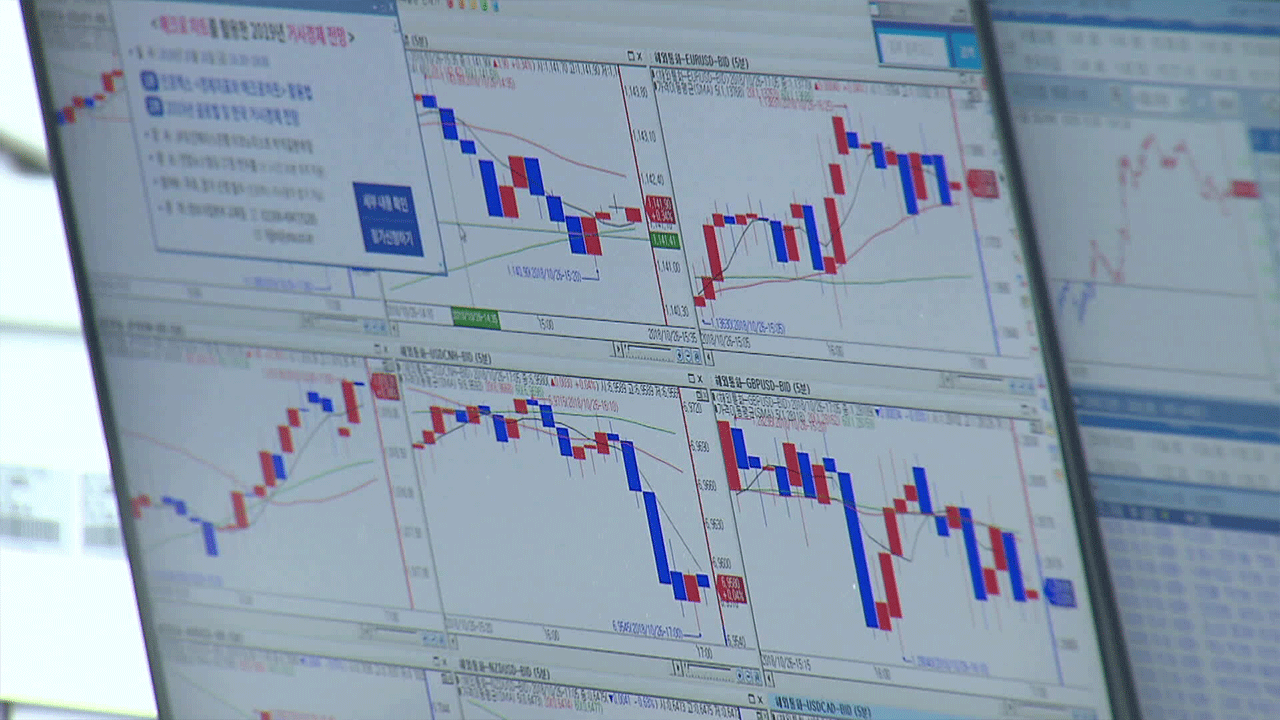
[Anchor]
Stock short selling resumed today (Mar. 31).
With the recent unfavorable market atmosphere coinciding with the resumption of short selling, stock prices have plummeted.
The won-dollar exchange rate has risen to the 1,470 won range.
Reporter Choi In-young has the details.
[Report]
SK Hynix fell by 4%, and POSCO Future M dropped by 6%, among others.
On the first day of short selling, large-cap stocks in semiconductors and secondary batteries saw significant declines.
Short selling is an investment strategy where one borrows stocks to sell and later buys them back to make repayment.
If you borrow a stock worth 10,000 won and sell it, you immediately have 10,000 won in hand.
Then, if the stock price drops to 9,000 won, you can buy it back and pay it back, making a profit of 1,000 won.
The problem arises with 'naked' short selling, where stocks are sold without prior borrowing arrangements. There are now measures to filter this out.
[Jung Eun-bo/Chairman of the Korea Exchange/Mar. 19: "Illegal short selling should be detected at the time of placing an order to see if it is naked. The Korea Exchange will seek a computerized solution."]
Short selling can help cool down a specific stock price when it becomes overheated.
It is allowed in major countries.
While a concentration of volume in specific stocks can increase market instability, if the illegal activities can be filtered out, it can enhance trust in the Korean stock market.
[Kim Hak-kyun/Head of Research Center at Shin Young Securities: "If a stock becomes a target of short selling, its price will be adjusted. But generally, there is also buying power on the opposite side, so overall, the market should be viewed as neutral."]
Analyzing the previous three instances when short selling was banned and then lifted, the KOSPI rose an average of 8.9% in the 60 days following the resumption.
On the first day of short selling, the trading volume reached 1.7 trillion won, with foreigners accounting for 90% of it.
Today, the KOSPI dropped by 3%, and the won-dollar exchange rate closed at 1,472 won.
This is KBS News, Choi In-young.
Stock short selling resumed today (Mar. 31).
With the recent unfavorable market atmosphere coinciding with the resumption of short selling, stock prices have plummeted.
The won-dollar exchange rate has risen to the 1,470 won range.
Reporter Choi In-young has the details.
[Report]
SK Hynix fell by 4%, and POSCO Future M dropped by 6%, among others.
On the first day of short selling, large-cap stocks in semiconductors and secondary batteries saw significant declines.
Short selling is an investment strategy where one borrows stocks to sell and later buys them back to make repayment.
If you borrow a stock worth 10,000 won and sell it, you immediately have 10,000 won in hand.
Then, if the stock price drops to 9,000 won, you can buy it back and pay it back, making a profit of 1,000 won.
The problem arises with 'naked' short selling, where stocks are sold without prior borrowing arrangements. There are now measures to filter this out.
[Jung Eun-bo/Chairman of the Korea Exchange/Mar. 19: "Illegal short selling should be detected at the time of placing an order to see if it is naked. The Korea Exchange will seek a computerized solution."]
Short selling can help cool down a specific stock price when it becomes overheated.
It is allowed in major countries.
While a concentration of volume in specific stocks can increase market instability, if the illegal activities can be filtered out, it can enhance trust in the Korean stock market.
[Kim Hak-kyun/Head of Research Center at Shin Young Securities: "If a stock becomes a target of short selling, its price will be adjusted. But generally, there is also buying power on the opposite side, so overall, the market should be viewed as neutral."]
Analyzing the previous three instances when short selling was banned and then lifted, the KOSPI rose an average of 8.9% in the 60 days following the resumption.
On the first day of short selling, the trading volume reached 1.7 trillion won, with foreigners accounting for 90% of it.
Today, the KOSPI dropped by 3%, and the won-dollar exchange rate closed at 1,472 won.
This is KBS News, Choi In-young.
-
-

최인영 기자 inyoung@kbs.co.kr
최인영 기자의 기사 모음
-
이 기사가 좋으셨다면
-
좋아요
0
-
응원해요
0
-
후속 원해요
0










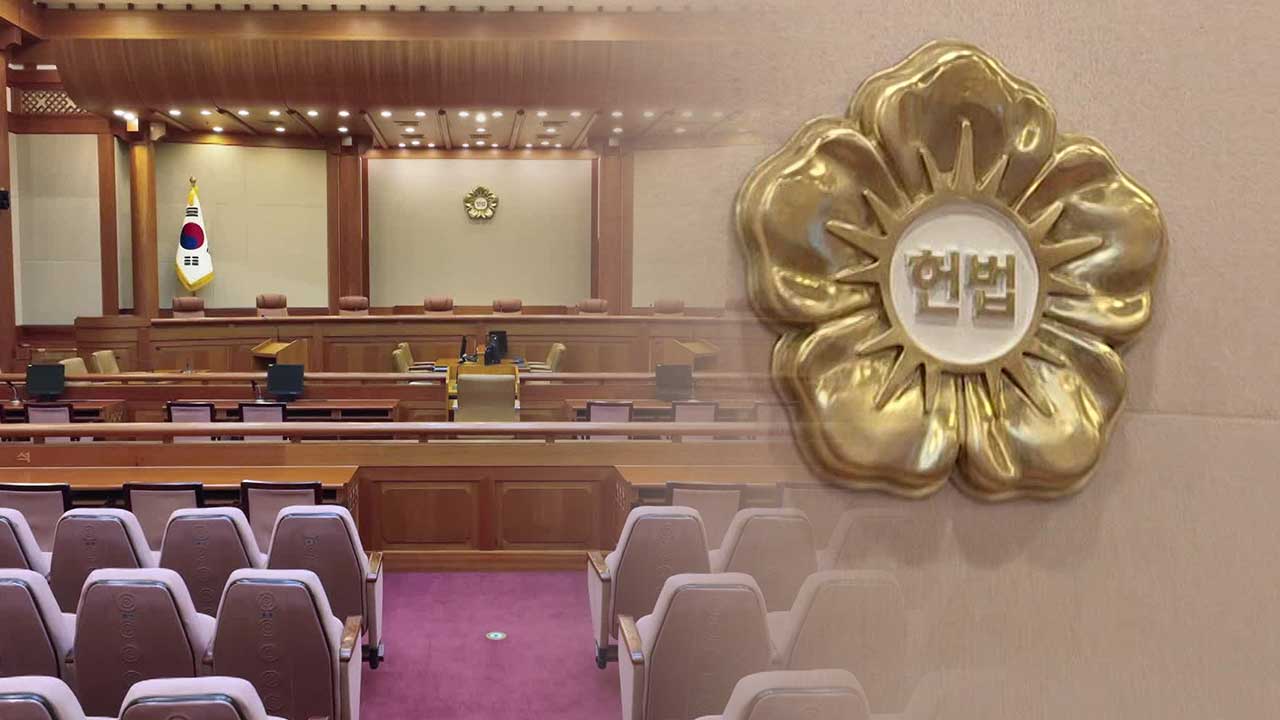
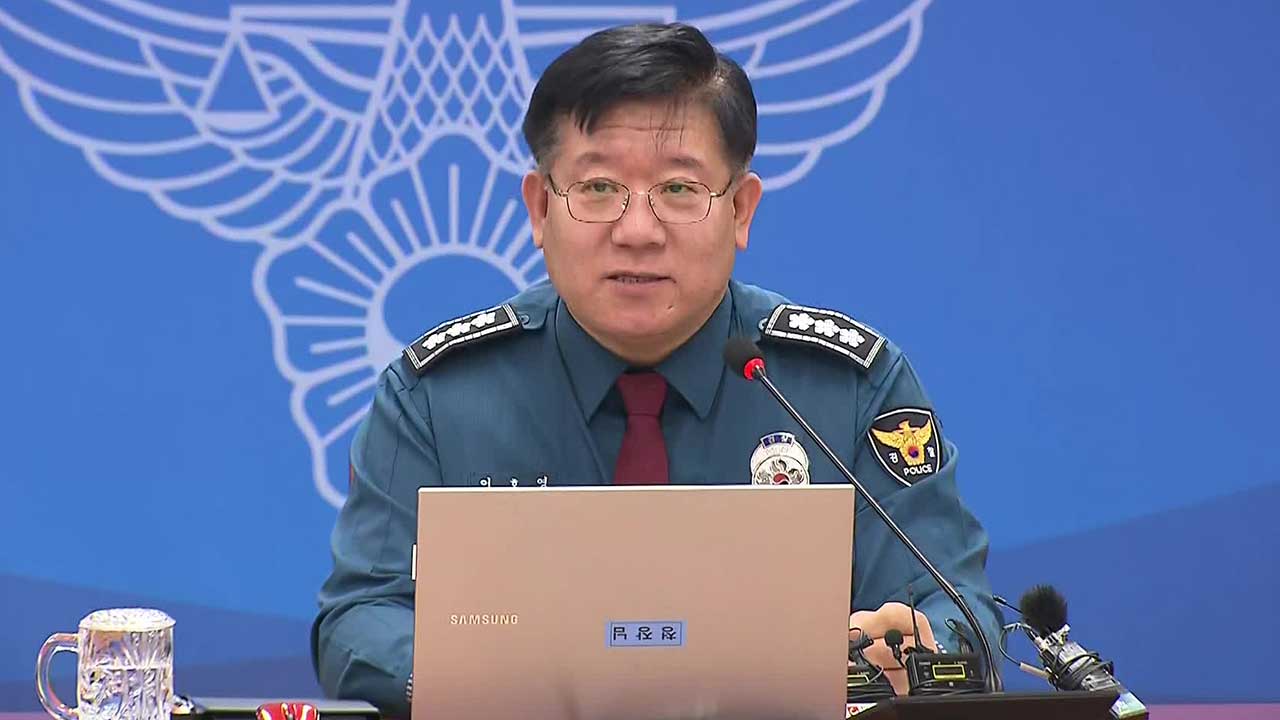
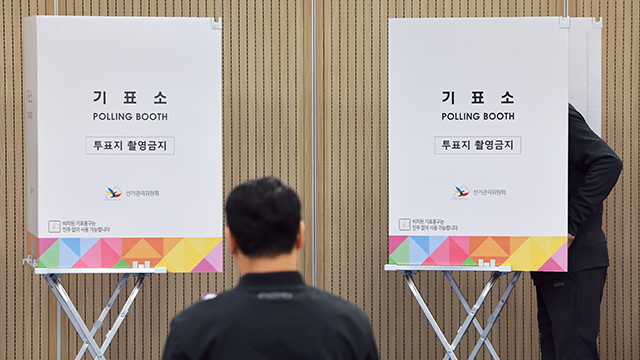
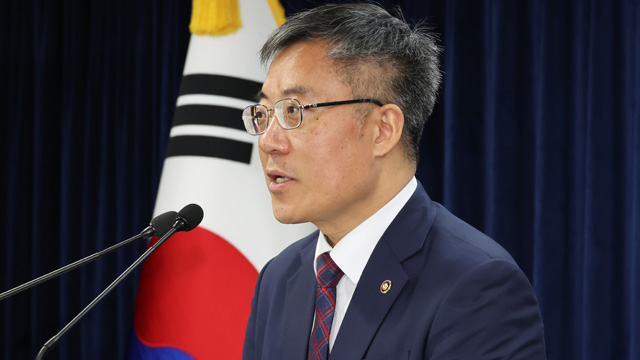

이 기사에 대한 의견을 남겨주세요.